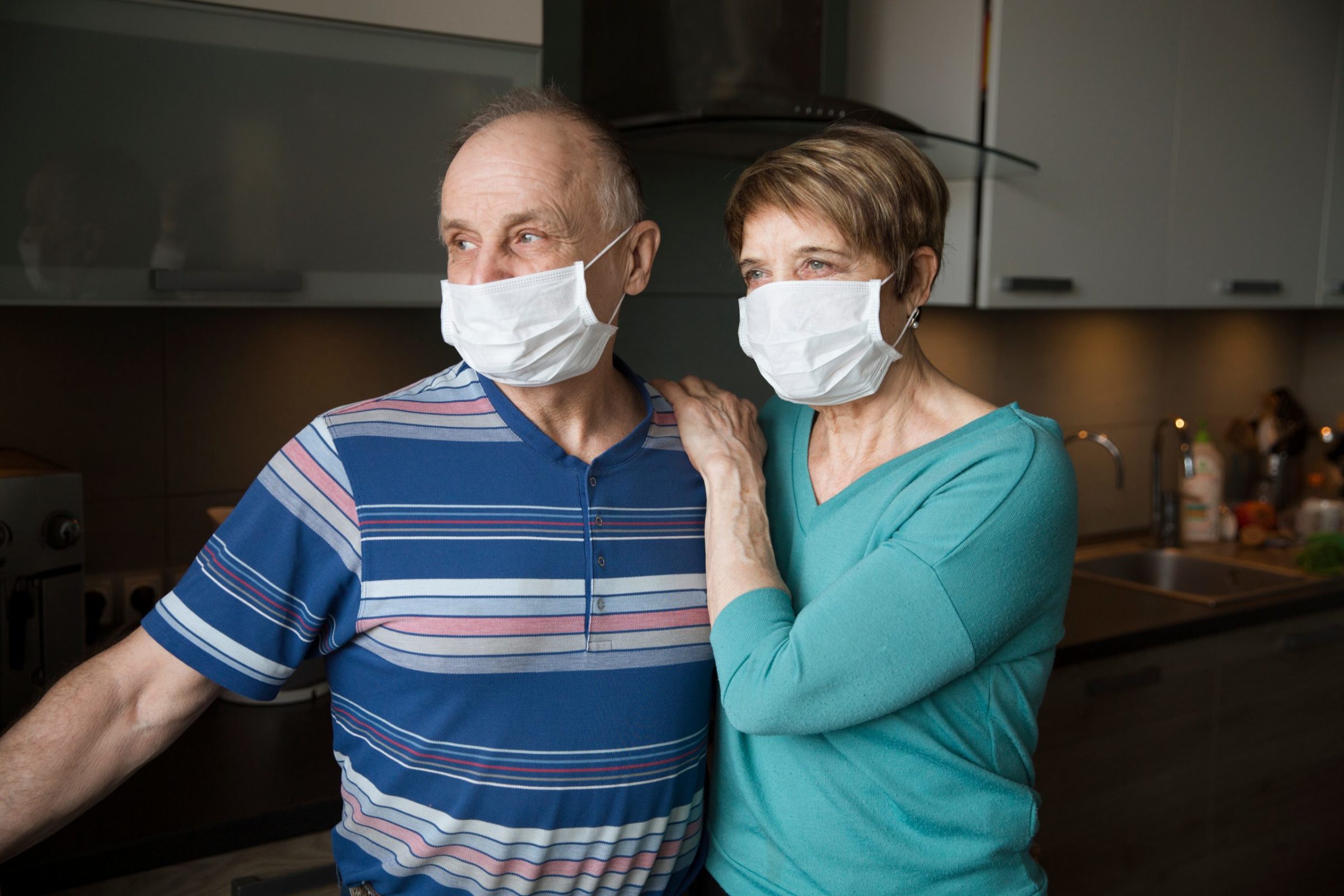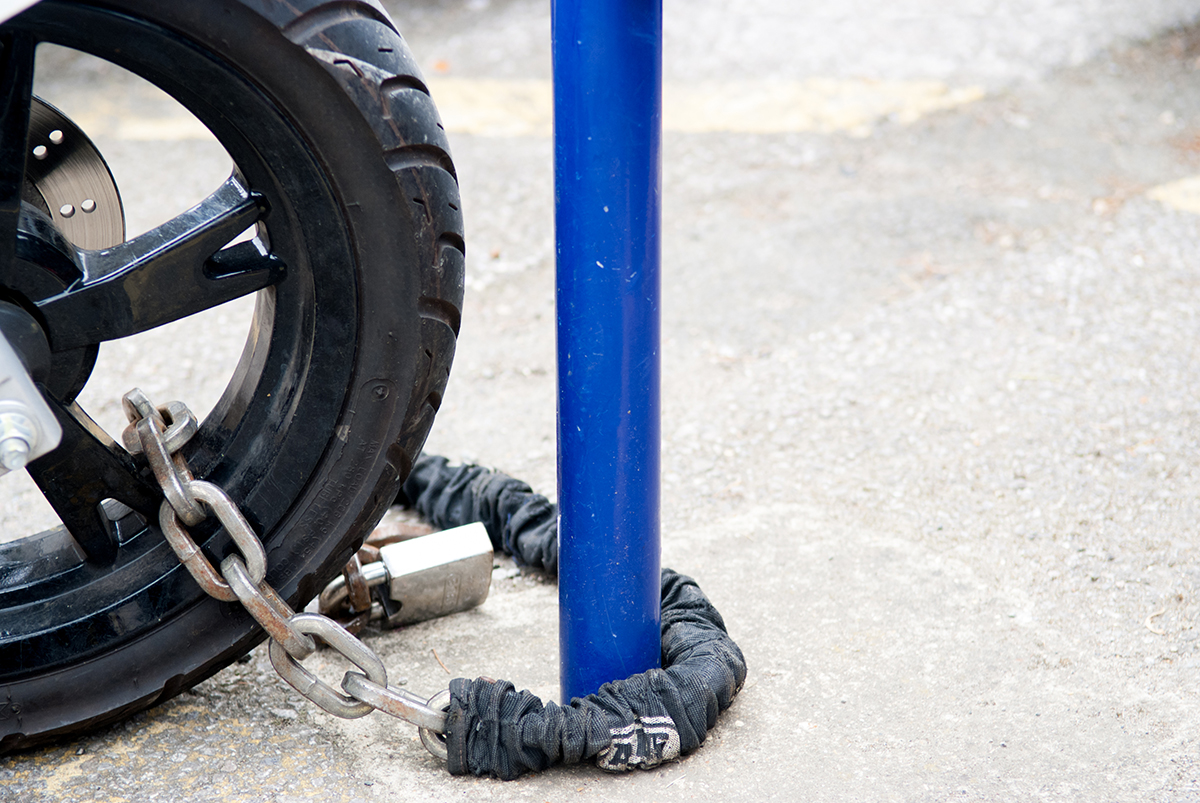As a society, we make dangerous assumptions about the 911 system.
TV shows like CSI lead us to believe dispatchers are sitting at a command center with state-of-the-art equipment and perfectly accurate GPS-location technology.
We like to assume we can get help immediately whenever we have an emergency. But unfortunately, as with most things, reality doesn’t always live up to our expectations.
Not only are the majority of our local 911 call centers underfunded, but the systems they use are also a lot more fragile than we like to think.
We recently covered the five downfalls of the public dispatch system, but with the influx of calls resulting from the pandemic, dispatch centers in certain areas across the US are being overwhelmed.
What’s the Situation?
Covid-related 911 calls are pouring in nationwide. With over thirty million cases across the country and thousands of new ones popping up each day, the ongoing pandemic is far from over.
Some of those affected by the virus drive themselves to the hospital to seek care, but many of them can’t make the trip on their own, so they call 911.
The result? The emergency response system we rely on to get help in an emergency is being bombarded with an overwhelming amount of calls.
We’re living in unprecedented times, and the public dispatch service was never meant to handle this much volume.
How Does This Affect the 911 Service?
In some areas, like Marion County, Indianapolis, wait times are skyrocketing.
Typically, the amount of time it takes to reach a dispatcher after calling 911 averages out to about ten seconds.
Under covid circumstances, the average jumps to about twenty-five seconds, with some callers waiting for several minutes to get a hold of someone.
Similarly, in Los Angeles County, 911 calls have shot up by twenty to thirty percent, pushing the system to its breaking point.
And unfortunately, these aren’t standalone cases. Emergency services in Birmingham, Alabama, Muskogee Country, Oklahoma, and other areas across the nation are overrun with high-risk covid patients.
As a result, people with other life-threatening emergencies are experiencing outrageous delays.
The Worst-Case Scenario
Imagine if, instead of connecting with a dispatcher, you’re placed on hold and forced to listen to a recording.
This was the case for a Marion County resident, Sarah Evans, who was woken up in the middle of the night by her mother.
It was her father.
He had a history of cardiovascular issues, and he’d just lost consciousness. Sarah rushed to dial 911, but she was met with a recording that told her to stay on the line and wait for the next available dispatcher.
With her father in grave danger, she had to wait for almost four minutes before her call was connected. Then, when she was finally able to explain her situation, the dispatcher had to reroute her to the fire department to coordinate an ambulance for her father.
By the time she got the help she desperately needed, four minutes and eight seconds had passed.
Fortunately, her father made it to the hospital and pulled through. But if his condition had been worse, the delays could have cost him his life.
A Thankless Job
Naturally, since 911 dispatchers are under such immense pressure at work, there’s high turnover in the industry. And in areas that pay their dispatchers less than the local average, turnover is even higher, leaving many call centers understaffed.
Now, with the heavy influx of emergency covid calls, dispatchers in areas like Marion County have to work extended sixteen-hour shifts. Sometimes four days in a row.
Resources are being stretched too thin, and it’s making it more and more difficult for people without covid to get the emergency assistance they need.
What You Can Do
If you call 911 in an emergency and get a recording, do NOT hang up. If you do, you’ll lose your place in the queue and have to wait even longer.
But more often than not, in an emergency, you don’t have time to wait in line. You need help right away, and every second that passes can mean the difference between life and death.
To avoid lengthy delays and rerouting, you can download a mobile alert system like the Rescu app that dispatches emergency services immediately with just two taps on your mobile device.
Rescu features a private dispatch center dedicated solely to subscribers, ensuring you never get placed in a waiting queue.
With Rescu, even ten seconds is too long to wait. Download the app today and put you and your family’s safety first.



